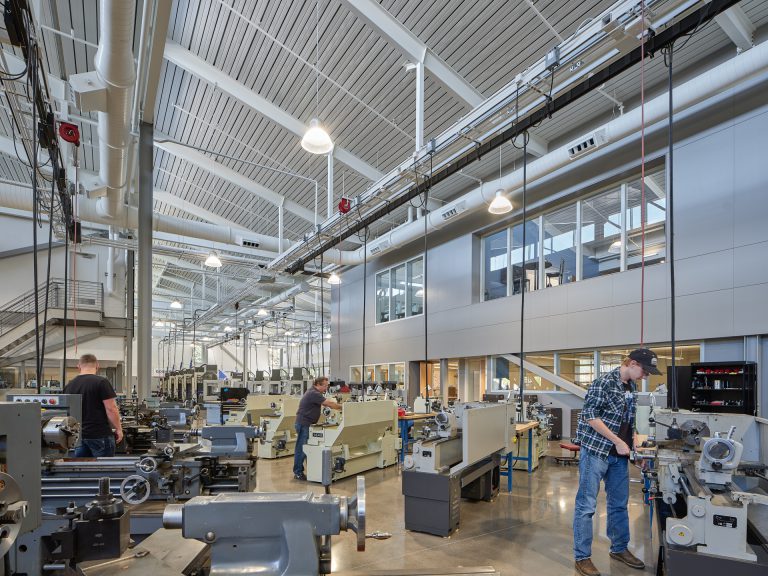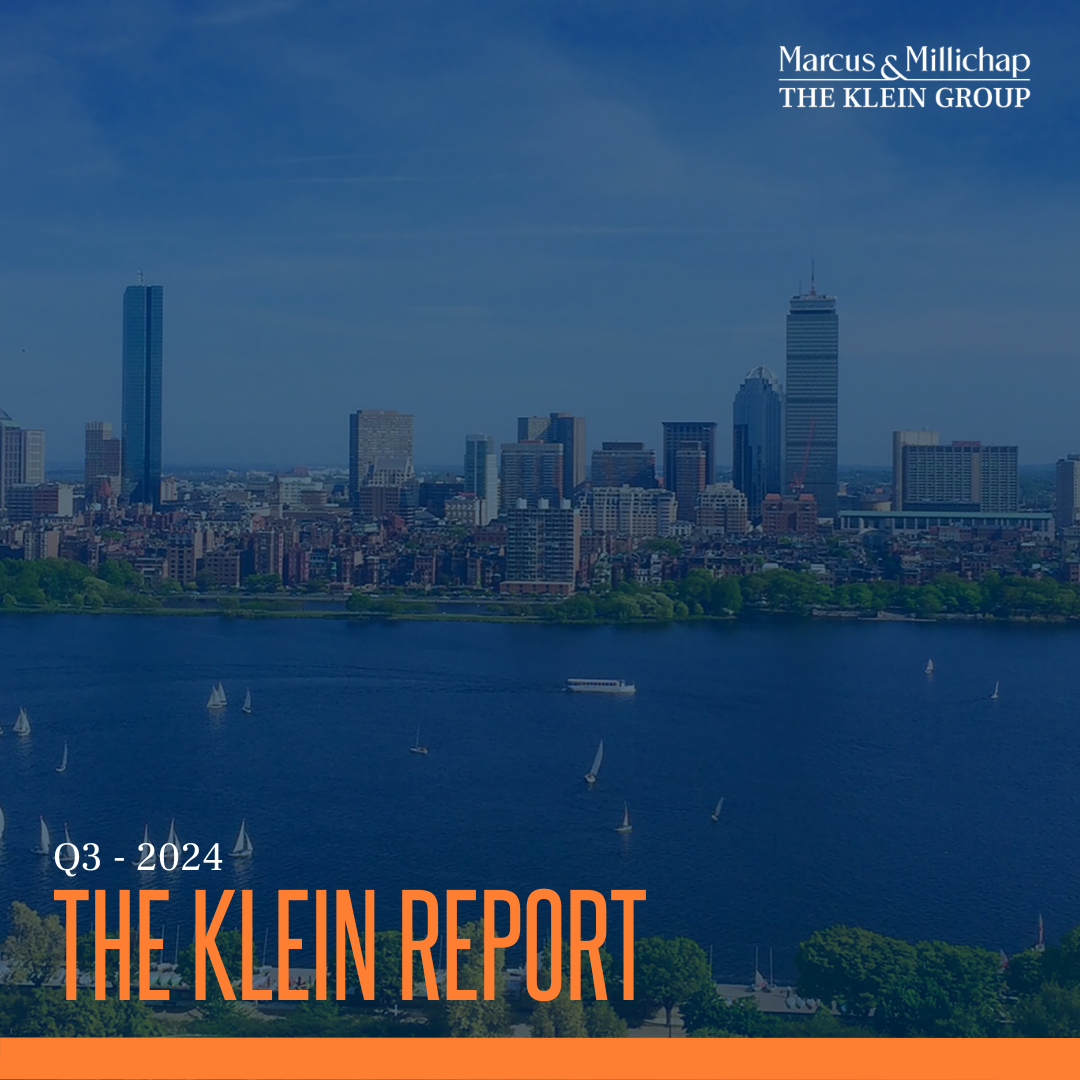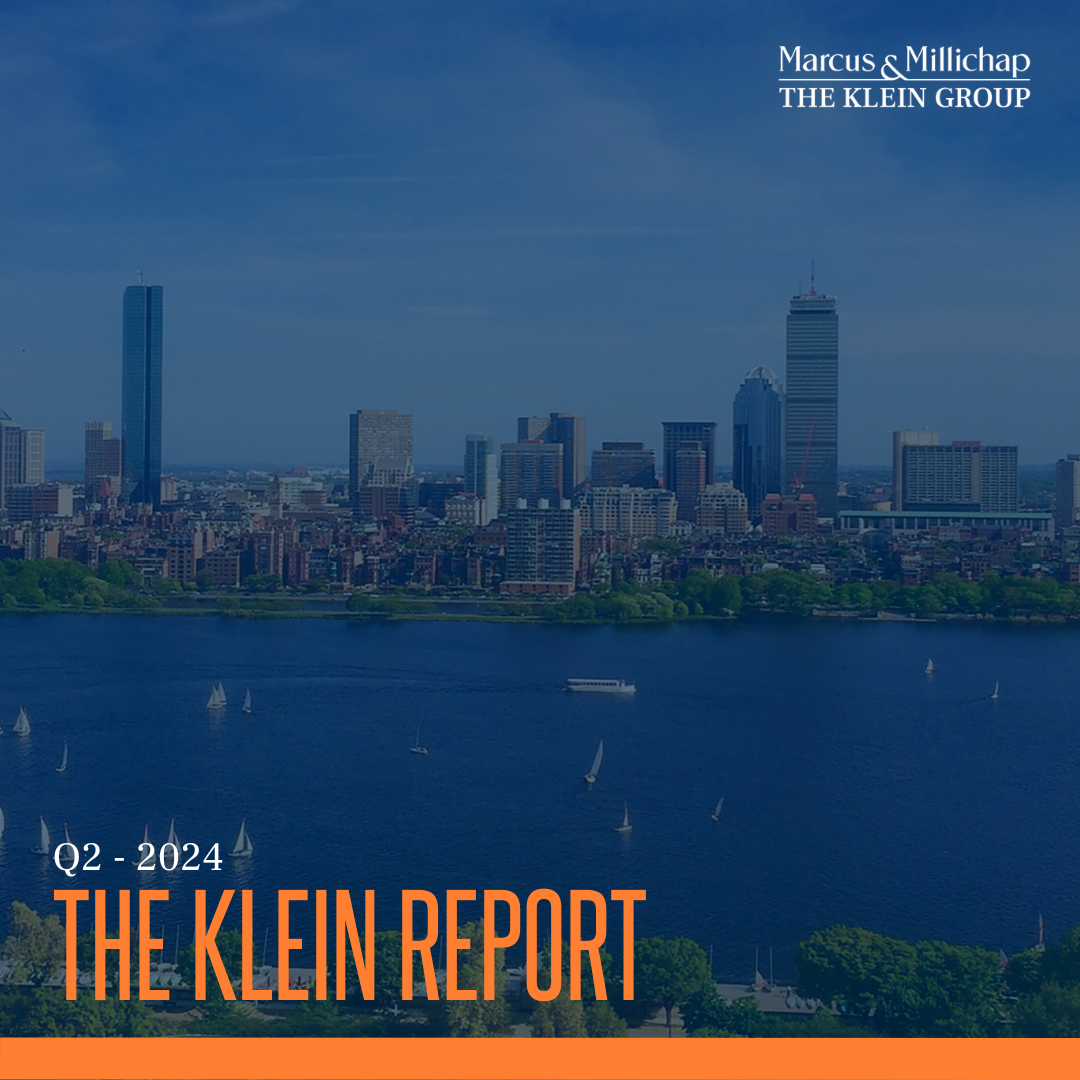Research and development activities take place in specialized flex buildings which we broadly categorize as R&D real estate. These buildings are fully climate controlled, feature adequate utilities, ample parking, extremely clean warehouse spaces, and typically ample office. Usually located in intellectual capital hubs near major metros and universities, these buildings depend on highly educated workforces. R&D buildings require only limited loading, and 18–foot ceilings are typically adequate. Any building with adequate utilities, 18–foot ceilings, and ample parking is a candidate to be converted into an R&D facility.
Advantages: These properties tend to be well located in close proximity to affluent communities. As single–story buildings with large parking areas, they may adapt well to alternative office, medical office, or industrial uses if the current R&D use is no longer advantageous. Tenants can be “sticky” due to the heavy fit–out that can go into these spaces. With typical tenant sizes of 5K–50K SF, it is common to see buildings with 2–4 tenants, creating security through tenant diversification. Cap rates tend to be in line with other flex buildings in the 6%–7% range for well–leased buildings. Tenant credit can range from start–ups to Fortune 500 companies.
Disadvantages: Specialized build–out can create higher costs when re–leasing space. Expense ratios also tend to be higher than in traditional industrial buildings. The tenant market for these types of spaces is thin except in highly developed markets with an educated workforce.
Ideal Buyer: Larger R&D facilities are a favorite of family offices and private investors who enjoy the higher yields and relative security these assets afford. Opportunities can be found in the $3+ million range. Longer leases can be achieved, sometimes up to ten years, making these properties ideal for risk–averse 1031 exchange buyers. Institutional capital tends to focus in the $10+ million range while smaller deals are dominated by syndicators and true private capital.




